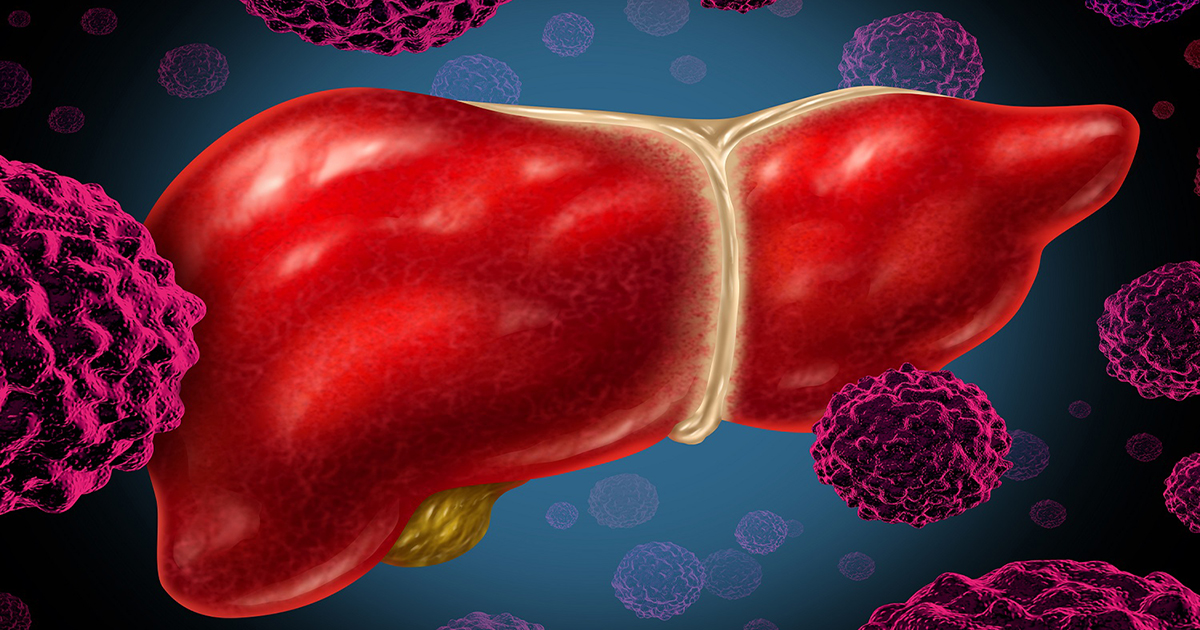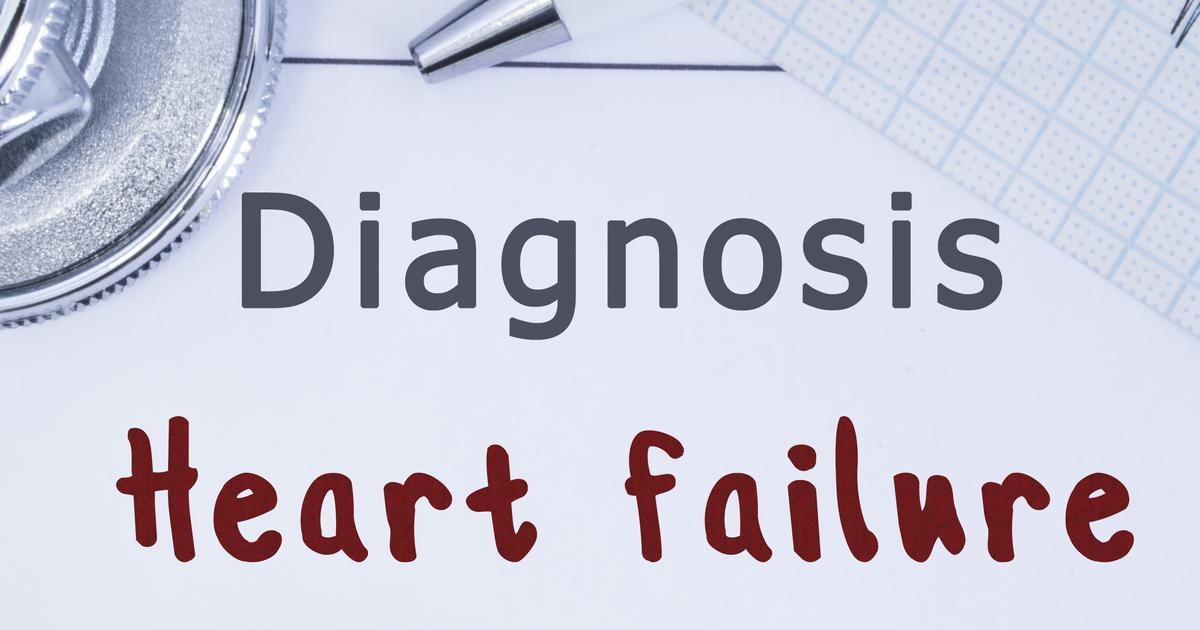Guide To The Causes Of Conn's Syndrome
Conn's syndrome, also called primary hyperaldosteronism, is a condition where an individual's adrenal glands produce an excess amount of the hormone called aldosterone. Potassium and salt levels in an individual's blood are dictated by the production and release of aldosterone. When levels of these electrolytes become imbalanced in the body, it can lead to long term high blood pressure. Too much aldosterone causes the body to release more potassium into the urine and retain more sodium in the blood. The increased sodium in the blood causes it to have a higher volume due to fluid retention. A greater blood volume causes more pressure exertion on the blood vessel walls, otherwise known as hypertension. Long-term hypertension carries a higher risk of experiencing a stroke and developing heart disease. Symptoms of high aldosterone levels include medication-resistant high blood pressure, severe high blood pressure, and hypokalemia.
Conn's syndrome has several potential underlying causes. Get to know them now.
Liver Disease

Individuals who have an advanced stage of liver disease may develop Conn's syndrome as a complication. Liver disease happens when some mechanism causes damage to the cells in the liver, and the body implicates its healing processes. The liver tissues are replaced by non-reversible dense, fibrous scar tissue (cirrhosis). This dense tissue in the liver causes the individual to develop hypertension in the vessels that feed to the portal vein that travels through the liver. As compensation for portal hypertension, the body develops new collateral blood vessels that skip the liver and feed to the other organs directly. The new blood vessels and altered circulatory configuration can cause reduced blood circulation to the kidneys. The kidneys mistake this decrease in blood supply as a case of dehydration and produce too much renin as a result. Excess renin activates an excess amount of angiotensin, which tells the adrenal glands to secrete too much aldosterone. It is the body detecting a low blood volume because of altered circulation that triggers the cascade that results in Conn's syndrome.
Learn more about what can cause Conn's syndrome now.
Heart Failure

Conn's disease can be caused by the presence of heart failure due to the processes the body utilizes to cope and compensate for the loss of heart function. Heart failure occurs when the muscle of the heart cannot pump a sufficient amount of blood to tissues around the body. Fortunately, the brain, body, and heart itself can all work together through certain processes to make up for the shortcoming. These compensation processes can work so well that an affected individual may not experience symptoms until heart failure has progressed past its first stages. The poor function of the heart causes a shortage of blood and oxygen in the tissues, which signals to the brain more fluid is needed in the blood vessels. The brain initiates a chain sequence of events, including increased secretion of aldosterone to help the blood vessels constrict and blood retain more sodium. As heart failure progresses, these efforts by the nervous system, hormone system, and cardiovascular system become more intense. This intense compensation can cause Conn's syndrome because the glands continue secreting aldosterone even when its action has become ineffective at compensating for heart failure.
Uncover more Conn's syndrome causes now.
